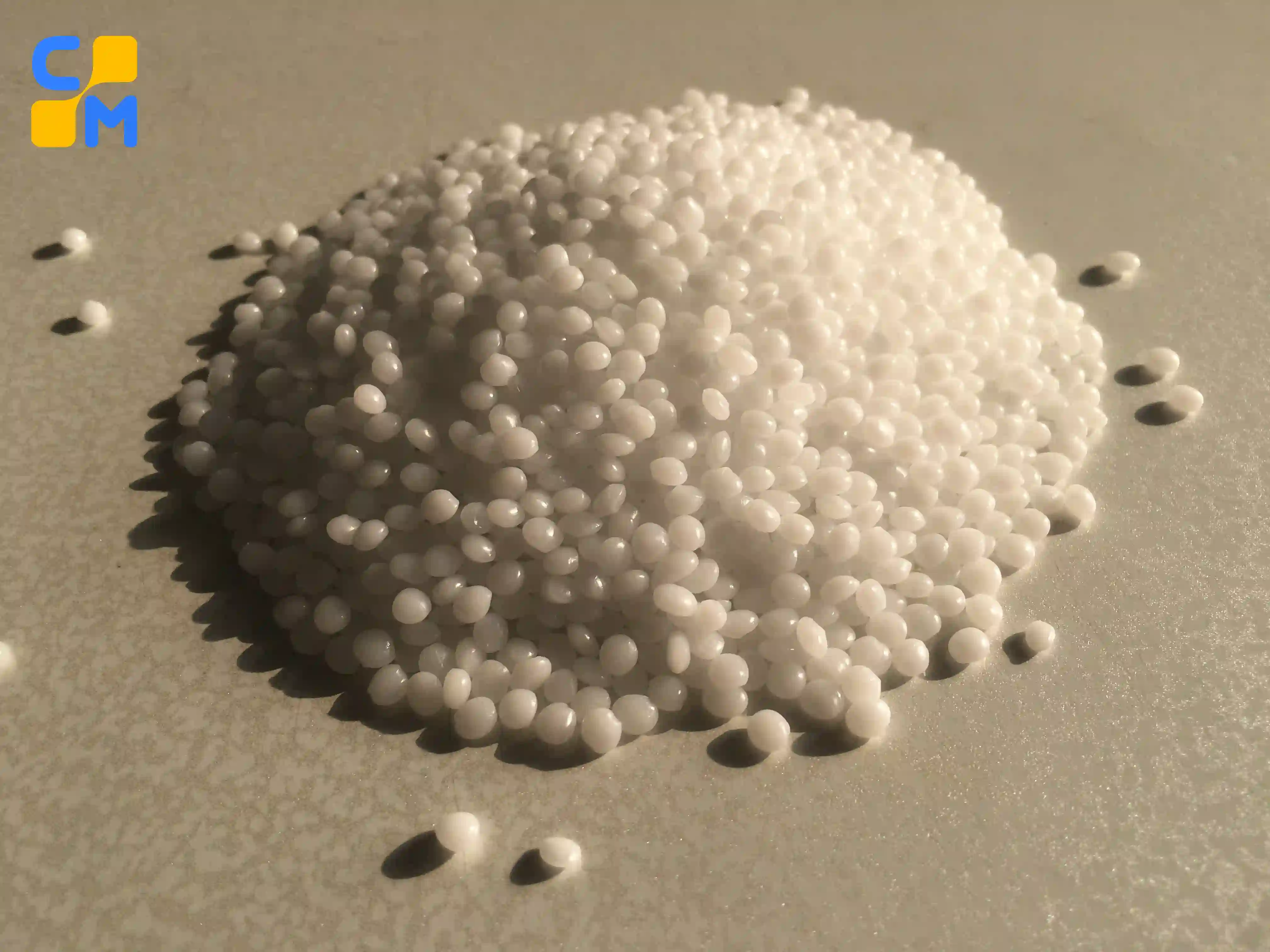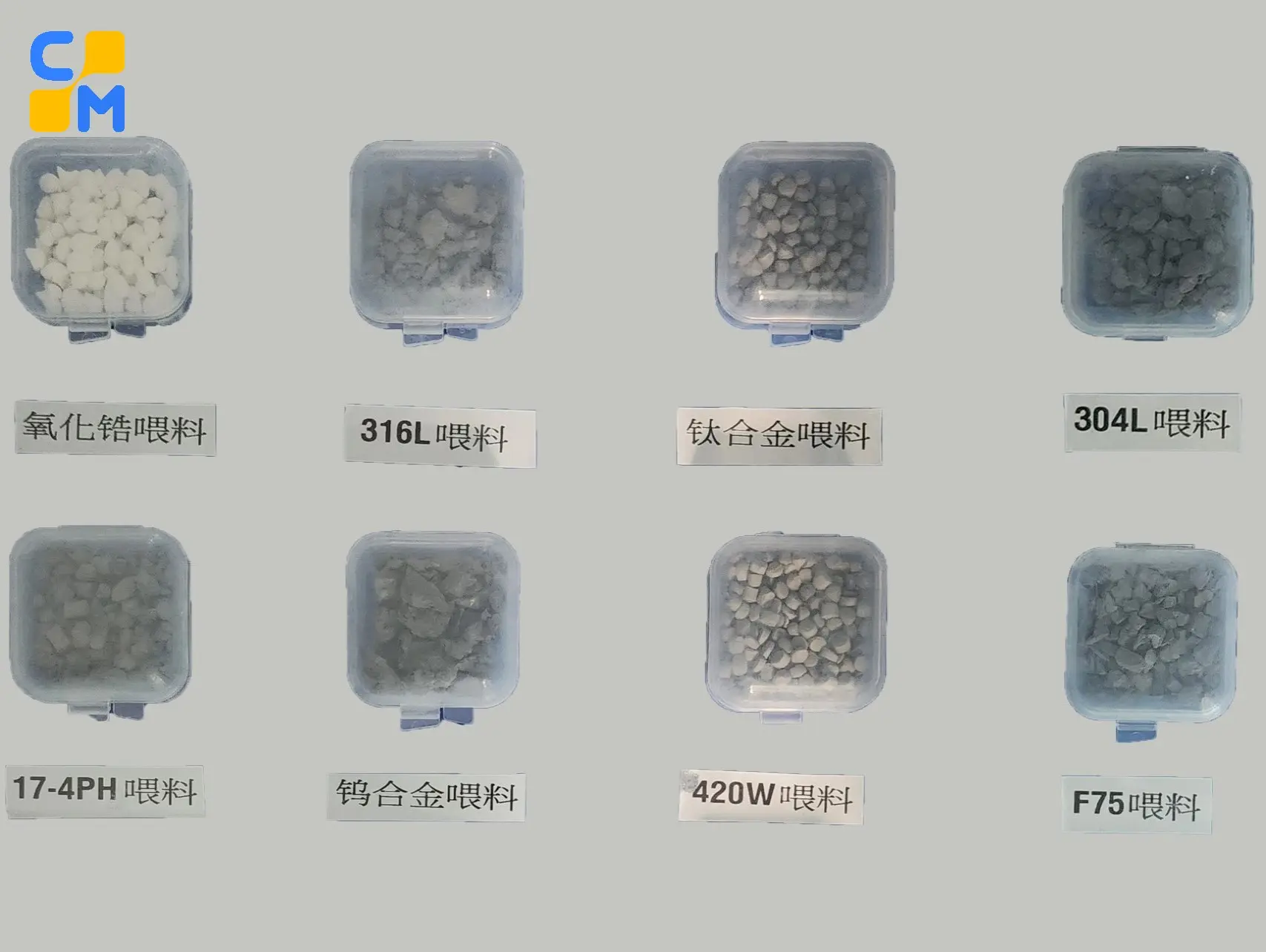
MIM-Catalytic debinding feedstock
CERMET provides customers with conventional MIM Fe-based stainless steel feedstock, but also specializes in titanium, copper, aluminum, tungsten, tungsten carbide and other reactive metals feedstock. In smart devices, high-end flagship mobile phones/watches/MR devices, MIM products are usually used as exterior and structural parts, and we mainly promote catalytic degreasing process for metal injection molding feedstock products, which can be used to manufacture MIM products with net weight adjustable in the range of 0.1~1500g, and our customer's special products include medical micro-tools, large-scale molds and fixtures, and structural parts for electronic products.
CERMET's MIM-Titanium injection molding feedstock technology has an excellent low carbon/oxygen/nitrogen PPM content, which provides excellent sintering properties in the final product, as well as competitive pricing. Our titanium alloy feedstock series products include TA and TC grades, and can also be individually adjusted and customized for the material itself, with different price ranges for customers with different product cost requirements, CERMET's titanium alloy material technology is always worthy of your trust.



